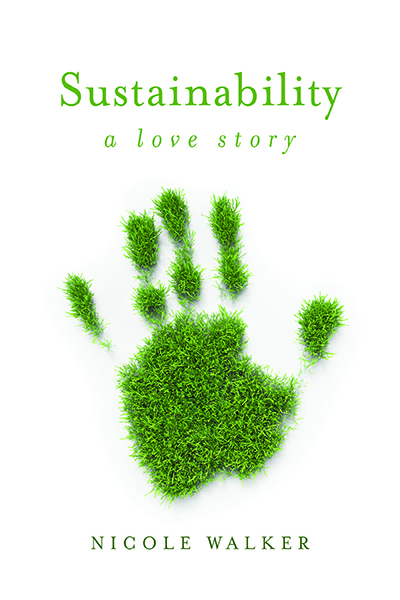Robert Kolker, "The Donor and the Borrower, New York Times Magazine, Oct 10, 2021, p.24-
Last year as the pandemic set in, Dorland attended three different online events that featured Larson as a panelist. The third one, in August, was a Cambridge Public Library event featuring many of the Chunky Monkeys, gathering online to discuss what makes for a good writing group. "I know virtually all of them," Dorland said. "It was just like seeing friends."
Larson, while on camera, learned that Dorland's name was on the attendees list, and her heart leapt into her throat. Larson's life had moved on in so many ways. She'd published another story. She and her husband had just had their baby. Now Larson was with her friends, talking about the imporatance of community. And there was Dorland, the woman who'd branded her a plagiarist, watching her. "It really just freaks me out," Larson said. "At times, I've felt kind of stalked."
COMMENT
This is from an article that appeared online under the title "Bad Art Friend." In the article, Dorland has been "mean girled" out of the Chunky Monkeys. The article avoids taking sides in the plagiarism issue, but I've been in Dorland's shoes, listening to a bad boss present at a library conference about how to have "difficult conversations" after she had had a difficult conversation with me and let me down badly. I went to the presentation and I made sure she saw me in the audience. I did not, of course, make a scene, but I did privately hope she was freaked out. It must have been infuriating for Dorland to see her former "friends" boasting about what a great, supportive community they had.
Public events like this are, well, public. Librarians can't really know who will show up or what their relationship is with the presenters.

